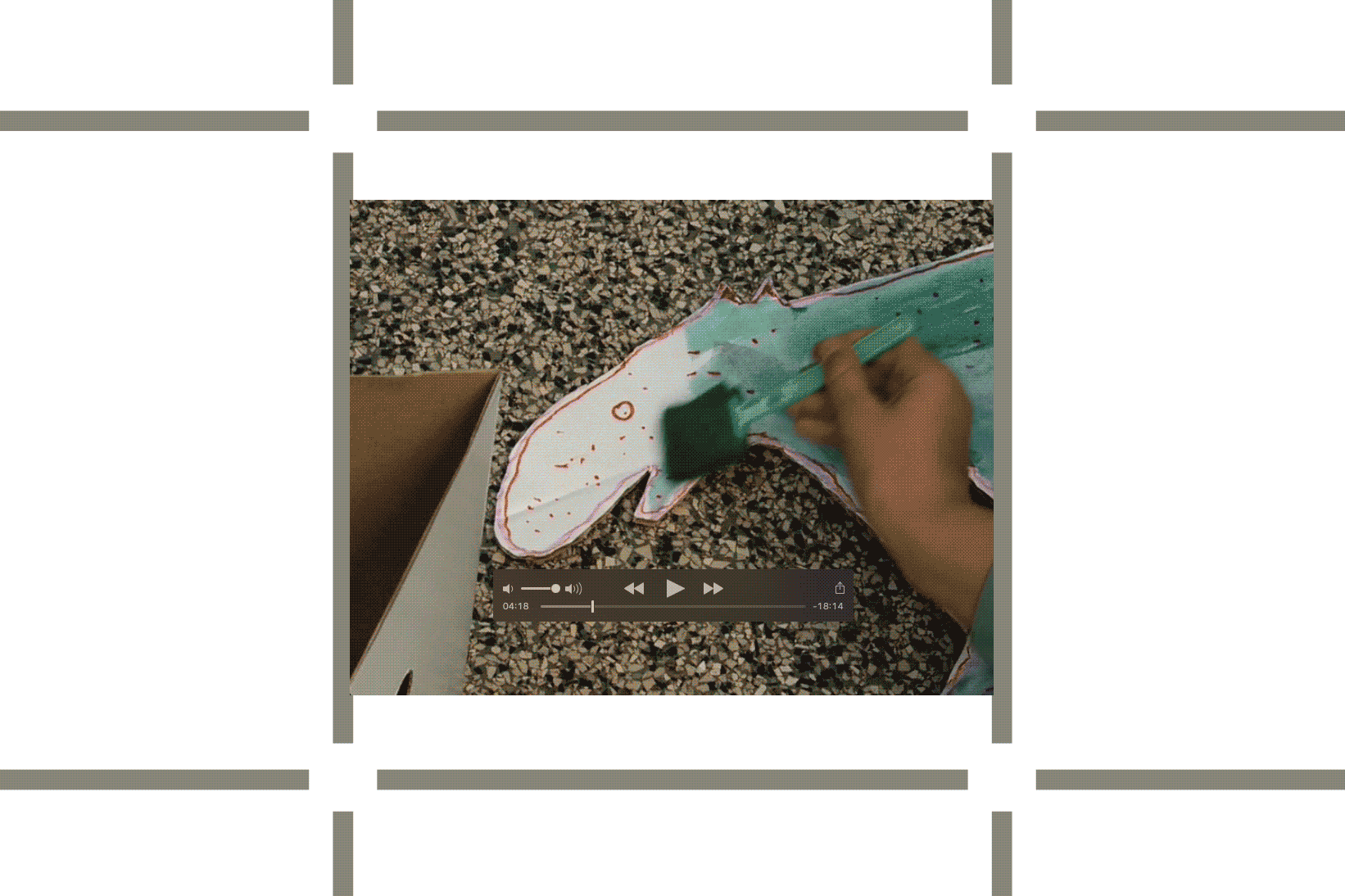A new name for Casco and a new modus operandi (in the making)
May 27–July 16, 2017
Lange Nieuwstraat 7
3512 PA Utrecht
The Netherlands
info@casco.art
Casco Art Institute: Working for the Commons (CAI) heralds our new modus operandi, presented initially in the form of an exhibition, opening May 26. With this change we aim to act on our political-aesthetical intentions and face their urgencies with working for the commons as the guiding imperative for all Casco operations.
By working for the commons, we mean practicing and understanding the commons as more than a collectively managed resource pool. We see it as a value system, governing principle, and a way towards counter-hegemonic relations. Within the current political climate we’ve come to question how democracy works and what alternatives we can practice beyond capitalism. After all, industrial capitalism has “brought us to a tipping point of planetary climate disaster and expansive social inequality.”(1) As such we are interested in how art and an art institution for the commons can challenge the misconception of the human/nature divide. If Earth is the commons, how can “we” co-manage it and the myriad occupants under threat of extinction?
Exhibitions are not always the best medium to unfold such a process of making since display tends towards finality. But we also see the possibilites in rearranging and taking pause to grow and entangle. Accordingly the feedback session or “exhibition phase” of CAI is a conceptual toolbox for the commons. It aligns with our process-driven way of working, with artworks put forward by the Casco team who also develop the exhibition and warmly invite you to take part in carving out the new institution. This phase puts into practice CAI’s key re-structuring forms: Action (experimental proposals for social change with artists), Body (invisible organizational forces), and Kirakira or “twinkle twinkle” in Japanese (space for radical imagination). The exhibition is also a test-run for several infrastructural developments towards working for the commons. These include: Hyperobjects, objects that at first resemble commodities but are in fact symptomatic of the small ecosystems from which they originate; Optic to Haptic Cinema (OH Cinema), a venue for a revolving film program and ad-hoc events, providing occasions in which seeing becomes “touching”; and commons.art, a growing repository of open and common resources.
Ultimately, this change attempts to recognize our effort to actualize artistic practices via non-capitalist, feminist values of reproduction, care, and sustainability. Most (art) institutions and organizations, as we know, adopt patriarchal values that enforce a hierarchy of productive labor and reproductive labor, and likewise (re)presentation and the organizing process “behind” things. We, however, advocate that “we are producing within reproduction!” It is through art and aesthetics that we sense and (re)imagine economies, politics, and ethics, rather than remaining an independent discipline.
This effort requires close collaboration with many who are in fact “commoning” Casco and generating the commons including: Adelita Husni-Bey, Aetzel Griffioen, Aimée Zito Lema, Annette Krauss, Bram van den Berg, Charlotte Rooijackers, Cooperativa Cráter Invertido, David Bennewith, Dora García, Faivovich & Goldberg, Fernando García-Dory (Inland), Gunndís Ýr Finnbogadóttir, Ingo Niermann, Jort van der Laan, Komayashi Note Workshop friends, Laura Pappa, Lily van der Stokker, Lotte Schröder, Maja Bekan, Mari Pitkänen, Marjolijn Dijkman, Merel Zwarts, Riet Wijnen, Ruth Buchanan, Southern Wave (Dutch Art Institute), Terra Critica (Utrecht University), and Wok The Rock. They generously provide work or adapt their practices towards new collaborative works for this exhibition of an institution in the making.
–Binna Choi and Yolande van der Heide with the rest of the immediate Casco team: Anne Punt, Fela Kim, Judith Torzillo, Niek van der Meer, Staci Bu Shea, and Vincent van Velsen
(1) Kathryn Milun, “Commons: Non-modern Arts of Governing in a Modern World,” 2015.


